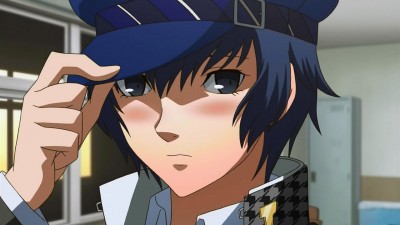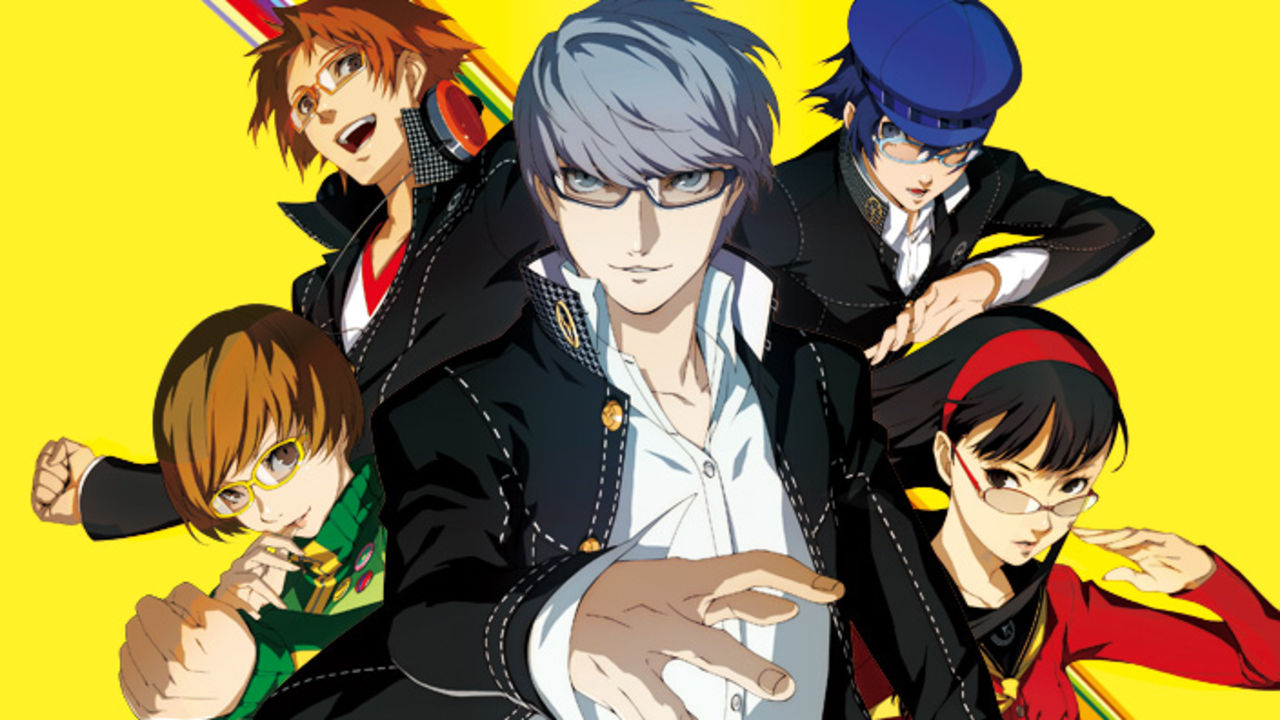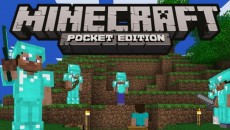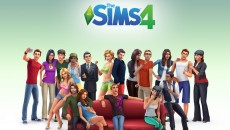Was that a Transformer back there? I wondered, as I snatched the ID card and prepared to proceed deeper into the dungeon I had found myself in.
“Intruders detected. Threat level red.”
My team is really not wanted here, yet I rally them to keep going. I had to see Naoto. I had to save her. Sure, she was difficult, distant and didn’t believe a word anyone on the team said. Sure, she might not want to be saved, damn her independence, but she didn’t know what she was doing. She didn’t know how dangerous it would be.
She tries to resist throwing a tantrum, tries to ignore all of what the shadow was saying. How could it say those things with her face? She didn’t want to admit it; she was a child – all the men on the police force only called her detective whilst her brain was still good to them, then it was back to the playpen with her. Then the shadow changes tact, it stops crying like a child, becoming even more aggressive.
“You can’t deny first principles…admit you are a child and admit that there’s nothing you can do about it”
There’s few times where you’re truly able to relate with a videogame character. Why? Well, because we don’t live dramatic lives full of monsters; most of us don’t know how to hold a gun or sword – let alone use one. We play games to experience the tales of heroes, chapter by chapter, hoping we see ourselves in the character on screen.
In my case, that had never happened. Sure, I wished I was strong willed and sassy like Bayonetta, I wish I had the same cunning and sense of justice as the protagonists of Assassin’s Creed and God how I wished one day I could wield a sword like those characters I idolized. The reality for me is that I was not strong, and all my passion was muted against my shy personality and I played games to see myself as someone stronger than I am in reality.
Persona 4 changed that. In a way, the game was almost purposely designed to show all the elements of human personality. Persona 4 was based around the idea that an alternate version of a person existed in the world of the TV where they were thrown – this self would be born of the repressed feelings the person carried inside – and if it wasn’t defeated, it would transform and kill the person.
The Persona series has always enjoyed pushing social taboos; the entire concept of the series is based on exploring psychological principles. Persona 3 was rife with dark undertones, death and sex references. Persona 4 pushes social taboos as well, featuring a character who’s sexually repressed, confused about his sexuality and place in the world, and characters who hide dark feelings – both within the main group and the greater community. Then there is Naoto and her mentally unstable shadow.
 Dressed in a white coat too large for it, the shadow is obsessed with the idea of altering Naoto’s body. When Naoto ignores it, it begins to throw a tantrum – crying like all children often do when they’re desperate for attention. Within moments it becomes aggressive, announcing to the world that the “Detective Prince” was in fact a “Princess” and that she is often bought to tears by the disinterest shown by the men she works with she has served her purpose – lending them her brain – and yet she is desperate to emulate the same stoic expression, the same disregard for others as the very people that make her cry.
Dressed in a white coat too large for it, the shadow is obsessed with the idea of altering Naoto’s body. When Naoto ignores it, it begins to throw a tantrum – crying like all children often do when they’re desperate for attention. Within moments it becomes aggressive, announcing to the world that the “Detective Prince” was in fact a “Princess” and that she is often bought to tears by the disinterest shown by the men she works with she has served her purpose – lending them her brain – and yet she is desperate to emulate the same stoic expression, the same disregard for others as the very people that make her cry.
I remember my head spinning a little, only registering the strange robot shadow, half of it taking the form of Naoto, and half as her shadow.
I had found me, or at least the videogame equivalent of me, at long last. I had been playing games for well over a decade, and it had taken me that long to find a character I could finally relate to.
Whilst the reasons for our sense of isolation were different, I appreciated how Naoto felt. I grew up with my father and most of my interactions were with him or my older half-brother. It’s perhaps safe to say that I showed more interest in videogames and comics than I did in playing with dolls. I was a sickly child, with multiple health complaints and developed slowly – suffering with mutism until I attended school, and difficulty speaking (specifically a speech impediment) for a long time after. So, much like Naoto, I didn’t make many friends and spent more time reading than I did outside.
Here’s the thing: for me, at least, being bullied made me want to be like the bully even more. Naoto showed this trait, too; she wanted to be like the detectives in the novels she read, and like the detectives she worked with. She was insufferably arrogant and distrustful of others, pushing away the people who cared – her social link involved her grandfather trying to break down the walls she built around herself and rediscover why she wanted to be a detective in the first place.
Naoto has a “tin ear to other’s feelings”, she gets embarrassed easily; she throws a major tantrum when the protagonist protects her from a knife she knew was fake. She blushes at anything and everything the team wind her up about, becomes frustrated at being teased and taunted, and she loses her composure easily around the protagonist. She wouldn’t be seen dead in a situation that required her to be in a crowd, and doesn’t understand why her team mate, Kanji, gets nervous around her. She doesn’t go on stage, or show off in the game. That, ladies and gentleman, is what psychologists call social anxiety – a label that helps me justify shying away from those things that scare me.
I can hold down a job that requires me to speak to strangers, I can sit in a room full of people and never say a word. I was almost eighteen before I ever went to a party. I panic over everything – from where I put my keys to what the person stood in front of me is thinking about me. I throw tantrums daily, I laugh at things I shouldn’t because I think it’ll lighten the mood, and I brood over silly things, like when people jokingly call me stupid or anti-social.
I was envious. I wanted a shadow. I wanted to have to face what made me that way. I wanted a little voice in my ear that reminds me it’s ok to be scared once in a while. But I wanted to see my true self, and fight off a monster inside. Then again, I’m not strong, I don’t carry a gun and I’m a coward at heart.
To quote Naoto Shirogane “I finally think I can accept myself”.
Thank you Atlus, and thank you Naoto Shirogane. Thank you for showing the world that even the most stoic of us can be socially anxious inside, and that sometimes, that’s ok.
I know that was not the intention of Atlus and the game’s director Katsura Hashino. But sometimes, games can be therapy. Persona 4 helped me to come to terms with my own anxieties, and for that alone it will always hold a special place in my heart.



